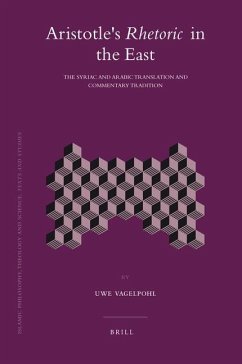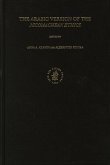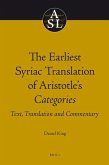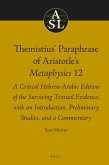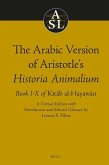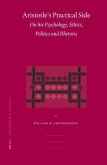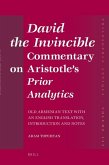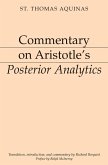The two centuries following the rise of the Abbasid caliphate in 750 witnessed a wave of translations from Greek into Syriac and Arabic. The translation and reception of Aristotle's "Rhetoric" is a prime example for the resulting transformation of antique learning in the Islamic world and beyond. On the basis of a close textual analysis of the "Rhetoric, " this study develops elements of a comparative a oetranslation grammara of Greek-Arabic translations. Contextualizing the analysis with an account of the textual history and the Syriac and Arabic philosophical tradition drawing on the"Rhetoric," it throws new light on the inner workings of the a oetranslation movementa and its impact on Islamic culture.

